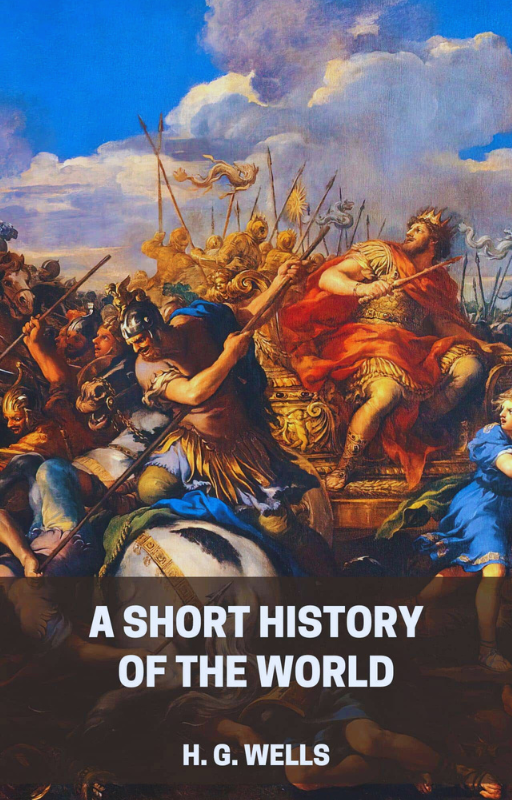Introduction
“A Short History of the World,” by H.G. Wells is a landmark work first published in 1922, is a survey of human history with lasting impact This fascinating book traces the beginning of our planet, the departure of civilizations high, deep into scientific and technological development. But this popular work has also faced its share of controversy, with celebrities such as Albert Einstein praising it and the Francoist government in Spain banning it for its apparent psychoanalysis and historical events for the sake of pictures.
An Overview of Human History
“A Short History of the World” begins a remarkable journey from the formation of the Earth millions of years ago. Wells beautifully describes the universe, explaining the processes by which life emerged and evolved into the ancient ancestors of humans From the ancient civilizations of Egypt, Mesopotamia, Greece and Rome to the rise of spectacular empires in Asia, Africa and the Americas, the book explores the evolution of human groups and their deep cultural contributions.
Science, Technology, and Knowledge
A significant portion of the book is devoted to the development of science and technology. Wells offers in-depth insights into the ground-breaking inventions and inventions that transformed society from the printing press to the Industrial Revolution He emphasizes how scientific advances impacted societies, ushered in the age of knowledge and shaped modernity the world is emphasized.
The Impact of War and Imperialism
Wells does not shy away from confronting the dark side of human history. He scrutinizes the devastating effects of wars and conflicts throughout the ages from the wars of antiquity to the global conflicts of the 20th century Furthermore, this book examines the impact of imperialism, colonialism and the quest for power of the 19th century, emphasizing the gains and sufferings of civilizations under the ruling powers.
Type and Availability
One of the book’s greatest strengths is Wells’ engaging and accessible writing style. The author’s ability to present complex historical perspectives in an appropriate manner ensures that readers from diverse backgrounds can appreciate and understand the rich fabric of human history.
Support and Controversy for Einstein in Spain
The scholarly value of “A Short History of the World” is evidenced by the famous physicist Albert Einstein, who acknowledged the book’s fundamental contribution to historical understanding but also criticized it in Spain under Francisco Franco is supported by the. The book was banned by the Franco regime in 1940 for its apparent socialist views, anti-Catholic stance and depictions of the Spanish Civil War that withdrew from the official narrative.
The Timeless Relevance
Published nearly a century ago, “A Brief History of the World” is still relevant and widely read today. Its exploration of human history continues to captivate readers, providing valuable insights into humanity’s collective journey.
Conclusion
H.G. Wells‘ “A Short History of the World” stands as a timeless testament to the enduring power of history and its impact on the present. This insightful work weaves together the tapestry of humanity’s past, revealing the triumphs and tragedies that have shaped our world. Through accessible text, the book ensures that the knowledge and wisdom of the ages is passed on to new generations, providing a deeper understanding of our shared past and inspiring us to seek a better future.
Please click below Logo image to Download the FREE ‘Bonus’ e-Book copy on the very special occasion of Human Race’s First successful landing of A Spacecraft and exploration on the surface of South Pole of MOON 👇
(Interested readers may please write to us requesting for Free ‘e-Book Password’ through ‘Contact‘ form available in Home page.)


